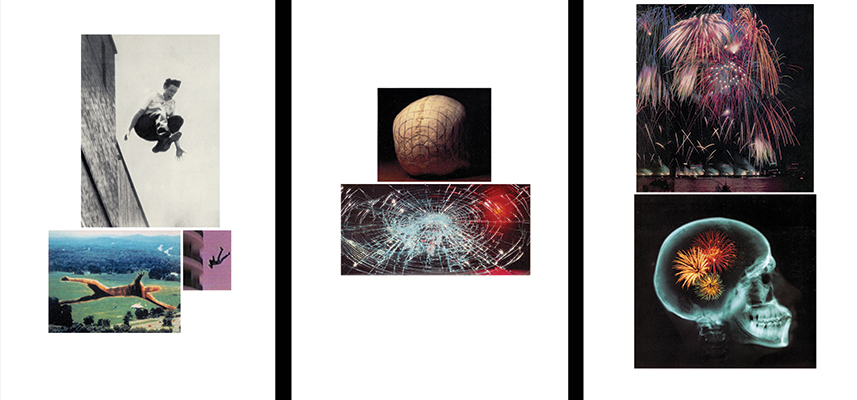Luis Jacob is committed to opening up “framed” situations from within. Jacob activates spaces, relations, genres, identities, and stereotypes to make them realize their potential and possibilities. And he reflects structurally and historically on both “the opening” as an event in which everyday certainties, social constructions, and ontological grounds are disrupted, and historical processes of closure within the horizons of our collective imaginaries: the affirmation of a particular order, the reification of identity, the consolidation of power and authority.
Against the backdrop of his philosophical training, Jacob’s artistic work can be characterized as “theory-without-text.” Like theory, it distills from the concrete, singular, and particular the “general type,” a “formal law,” a structure, logic, or rationale. But like poetry—or all art for that matter—it uses the singular and particular as an event that disrupts such abstract structures from within, insisting on non-identity and difference as the location of all events and encounters, and equally insisting that nothing in this world can ever be fully assimilated into any structure or generality: there always remains an incommensurable rest, a gap, a possible locus of resistance, and this locus must be recovered from the relational reality of feelings and affects.
In his series of Albums, Jacob collects images from print media that revolve around themes such as design and inhabitation, architecture and networks, and in the case of the ninety-part Album II, the body and social interaction. These images are grouped together and laminated in a serial montage that forms an abstract narrative, variously through content- or form-based correspondences, which articulate the associations and projections of its viewers. The Albums send us on a journey into the “image-space,” full of repetitions, rhythm, ruptures, semantic shifts, and fragile constellations in which no determinate meaning can ever evolve. It is this intentional confrontation of the space of meaning (and of “transcendent” language and rationality) kept in conscious unstable movement with the space of imminence, of gesture and bodily, emotional knowledge, through which we can experience form not as something stable, but rather as dialogic event in which it is also us being formed.
Luis Jacob, born 1971 in Peru, lives and works in Toronto

